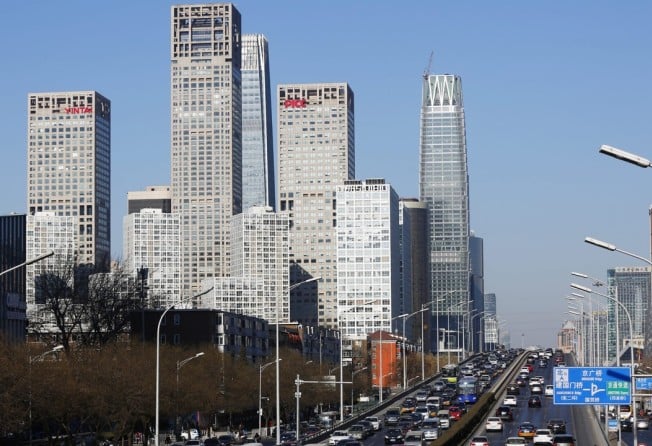Asian Angle | The mystery of China’s eagerness to own the term ‘democracy’
Once seemingly on the path towards liberalisation, China is now in position to redefine the term for the region, taking ownership and reshaping the term in its own, more authoritarian image

As I walked through central Beijing this week, I passed endless posters promoting “democracy” (minzhu). One might be forgiven for raising one’s eyebrows at a moment when the 20th anniversary of the Hong Kong handover prompts elegies for the fate of democracy in the SAR. Yet it is no longer just greater China where liberal democracy seems in peril. It may be in retreat all across Asia.
If so, that political trend would be a reversal of the past three decades. When the Joint Declaration on Hong Kong was signed in 1984, both the Chinese and the British sides shared two assumptions. One was that China would become more democratic over time. This was the era of top Communist leaders Hu Yaobang and Zhao Ziyang, who at times allowed startling levels of freedom of speech that seemed to indicate eventual liberalisation in a way hard to imagine in today’s China. The other assumption was that China would liberalise in the context of a rather undemocratic continent. In those cold war years, Japan and India were the only full liberal democracies in Asia.
Print option is available for subscribers only.
SUBSCRIBE NOW